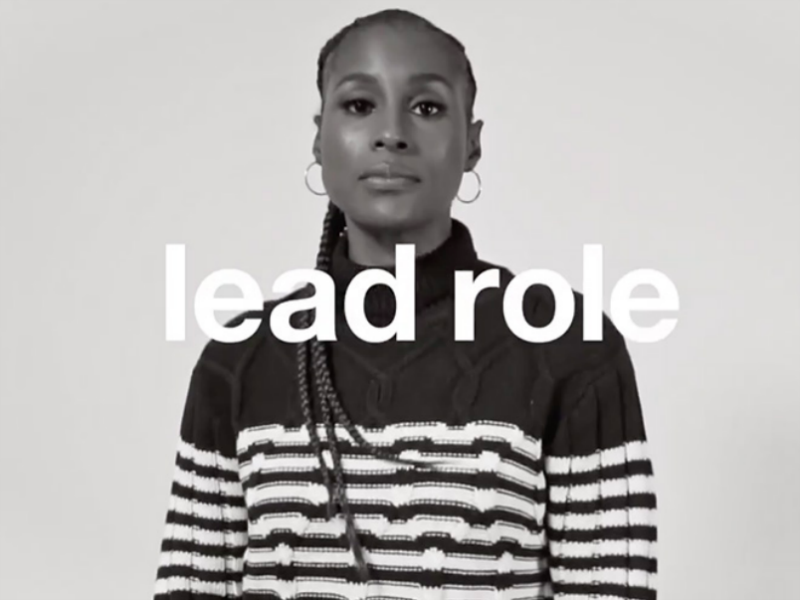Diana Marszalek 29 Mar 2018 // 4:06AM GMT

DANA POINT, CA — While many brands are still grappling with how best to respond to consumers clamoring for them to take positions on issues, Twitter believes companies should already be in the next phase of that movement — taking action.
“It’s no longer enough just to stand for something,” said Nola Weinstein, Twitter’s global head of culture, engagement and experiential marketing. “Your consumers want you to stand up for something that matters and take action.”
Speaking on Tuesday at the ANA Brand Masters Conference, Weinstein said that brands are most successful in driving change when they activate around issues that make sense to them as a company, and matter to their consumers. “You can do this if you have something you have direct impact on,” Weinstein said.
For brands, doing that often starts with basic components of a plan —identifying those issues, creating a strategy for how to engage consumers around it and identifying the best time and way to deliver your message, Weinstein said.
Given today’s turbulent political times, along with the threat of disasters like hurricanes and mass shootings, there are times that companies can skip the soul-searching part of the process. “In some cases, the issue chooses you.” Weinstein said.
For Twitter, that occurred in January when the company, in response to the CES stage being dominated by men, orchestrated a panel discussion of its own, featuring six leading women in technology, each of whom shared their personal stories and shared advice.
The panel, which was broadcast live on Twitter, and has since been seen by more than six million viewers, also spurred a movement under the hashtag #HereWeAre. The company garnered more attention with a high-profile #HereWeAre ad it ran during the Oscars.
“Sometimes it’s about changing the rules,” Weinstein said. “So we built a stage of our own.”
In a separate discussion, Edelman US brand practice chair Amanda Glasgow advised companies against getting into the activism arena in ways that don’t reflect who they really are. Otherwise, said Glasgow, they risk being called out for inauthenticity. “Find your calling,” she said.
Edelman’s research indicates that brands must do so, as consumers are increasingly weighing what companies stand for in their spending decisions, added Glasgow. According to the agency’s most recent brand study, 57% of global consumers will buy or boycott a brand based on its position on a social or political issue. That was up 30% from the year before. For 65% of those consumers, brands are worse off staying silent than taking stands with which they disagree. “For these buyers, that’s no longer an option,” she said.
Glasgow thinks that brands are successful in doing that when they stay true to what they are — taking stands on issues that reflect their values, rallying around causes that affect their stakeholders.
Glasgow highlighted campaigns she feels illustrate the idea.
Longtime Edelman client Dove, for instance, has done “an almost unparalleled job” redefining the concept of beauty through its multifaceted Real Beauty campaign, launched more than a decade ago. Glasgow showcased one of the campaign’s more recent initiatives — the creation of Real Beauty Productions, an all-female production company, with Shonda Rhimes at the top, dedicated to telling the stories of women who shine as beauties, albeit in non-traditional ways, via video.
The most recent subject is a woman who used strength and perseverance to reclaim her life after losing a leg in an accident; 99% of the conversation surrounding the initiative has been positive, Glasgow said.
An Adidas campaign that involved swapping names with empowering tweets on the Swedish national women’s soccer teams was another extraordinary successful issues-driven campaign, in this case driving women to stand up for each other and boosting women in sports (six in 10 Swedes couldn’t name a single member of the team.)
Putting real-life tweets like “Believe in your damn self” on the jerseys had impact. Consumer versions of the jerseys sold out.
REI had impressive results as well with its Force of Nature campaign, an initiative focusing on promoting women as outdoor enthusiasts after the retailer became aware that much of segment’s advertising focused on men. The move put women front and center in communications — so much so that any marketing surrounding a gender-neutral product would feature a woman — and reaped a 20% increase in sales among women, said Glasgow.
Companies benefit from values-based initiatives in other ways, too, as research has found a strong correlation between brand trust and corporate reputation.
As Glasgow explained, however, even the most engaging campaigns work only when companies back up what they are preaching by taking action themselves — whether in terms of how they treat employees, consumers and the multitude of businesses and organizations they have dealings with along the way.
Weinstein agreed. She said brand activism resonates far louder when companies use their platform and stature to lead by example and drive positive change through action and optimism.
“When you lean in and see purpose and principles that guide your brand, that are authentic and credible, it can have sig business impact,” she said. “Not only will you have connection with your consumers, but you will also better the world.”


































.jpg)

















